Randall Munroe recommends 6 of his favorite books
The author and former NASA roboticist recommends works by Carl Sagan, José de Acosta, and more

A free daily email with the biggest news stories of the day – and the best features from TheWeek.com
You are now subscribed
Your newsletter sign-up was successful
When you make a purchase through links on our site, we may earn a commission
Former NASA roboticist Randall Munroe is the creator of the beloved web comic xkcd and the author of What If? and Thing Explainer. His new best-seller, How To, is an illustrated guide that offers absurdly convoluted ways to complete basic tasks.
Murmurs of Earth: The Voyager Interstellar Record by Carl Sagan et al. (1978).
The Week
Escape your echo chamber. Get the facts behind the news, plus analysis from multiple perspectives.

Sign up for The Week's Free Newsletters
From our morning news briefing to a weekly Good News Newsletter, get the best of The Week delivered directly to your inbox.
From our morning news briefing to a weekly Good News Newsletter, get the best of The Week delivered directly to your inbox.
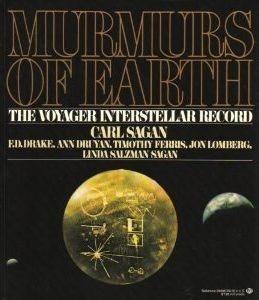
In 1977, NASA's two Voyager spacecraft launched into deep space carrying golden phonograph records containing speech, music, and digitized photos assembled by Sagan's team. To represent all of Earth through 118 stock photos is obviously an impossible task, but they took it seriously, and this book documents the pictures they chose and the fascinating reasoning behind them.
Because Internet: Understanding the New Rules of Language by Gretchen McCulloch (2019).
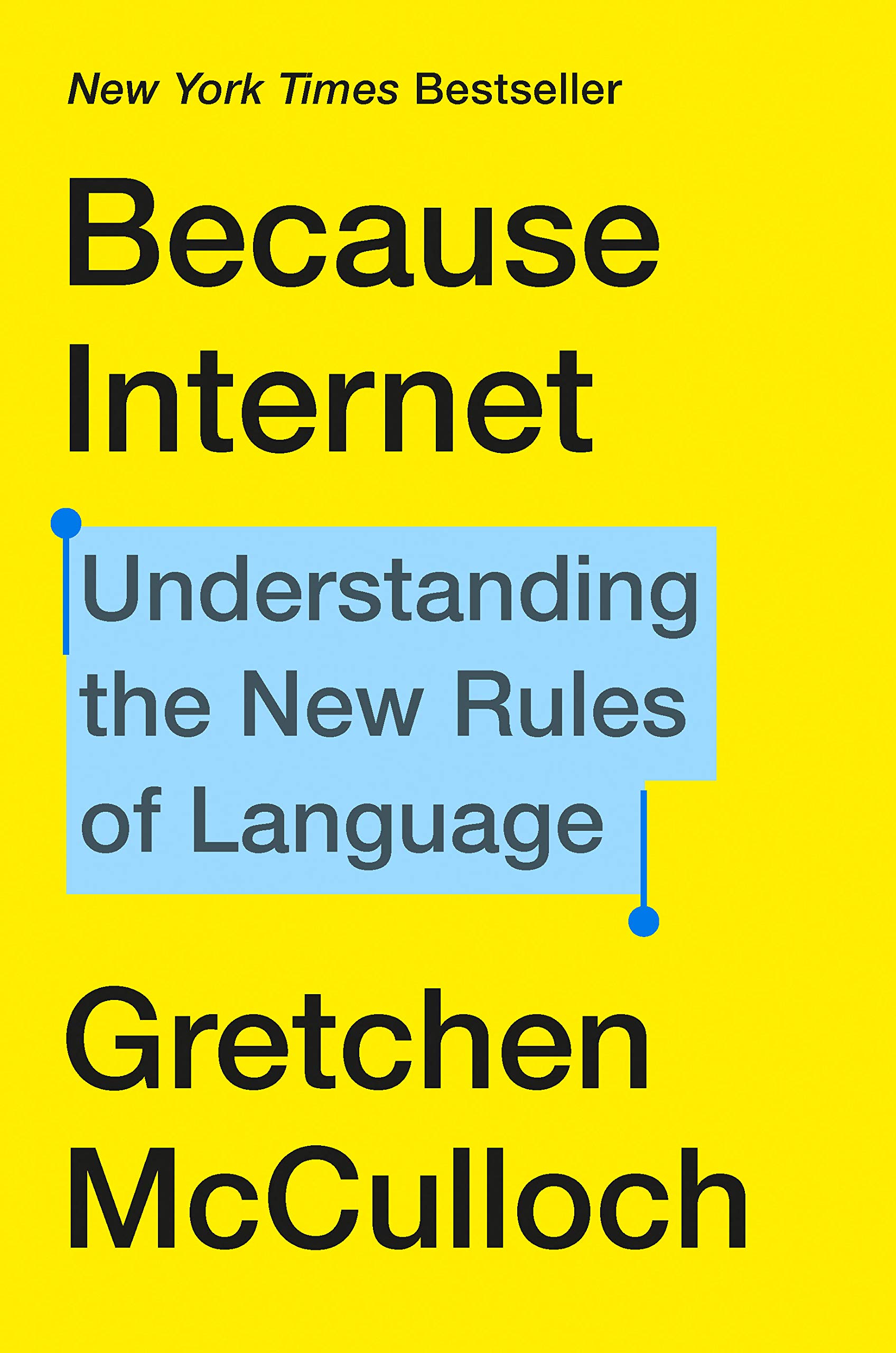
This is a fantastic book about the way the English language has changed in response to the internet. It avoids the usual gripes about "kids these days," and instead explores modern language in a thoughtful and enthusiastic way. In the process, it explains countless odd details about how people type in text messages — quirks that I've noticed but never really understood.
The World Without Us by Alan Weisman (2007).
A free daily email with the biggest news stories of the day – and the best features from TheWeek.com
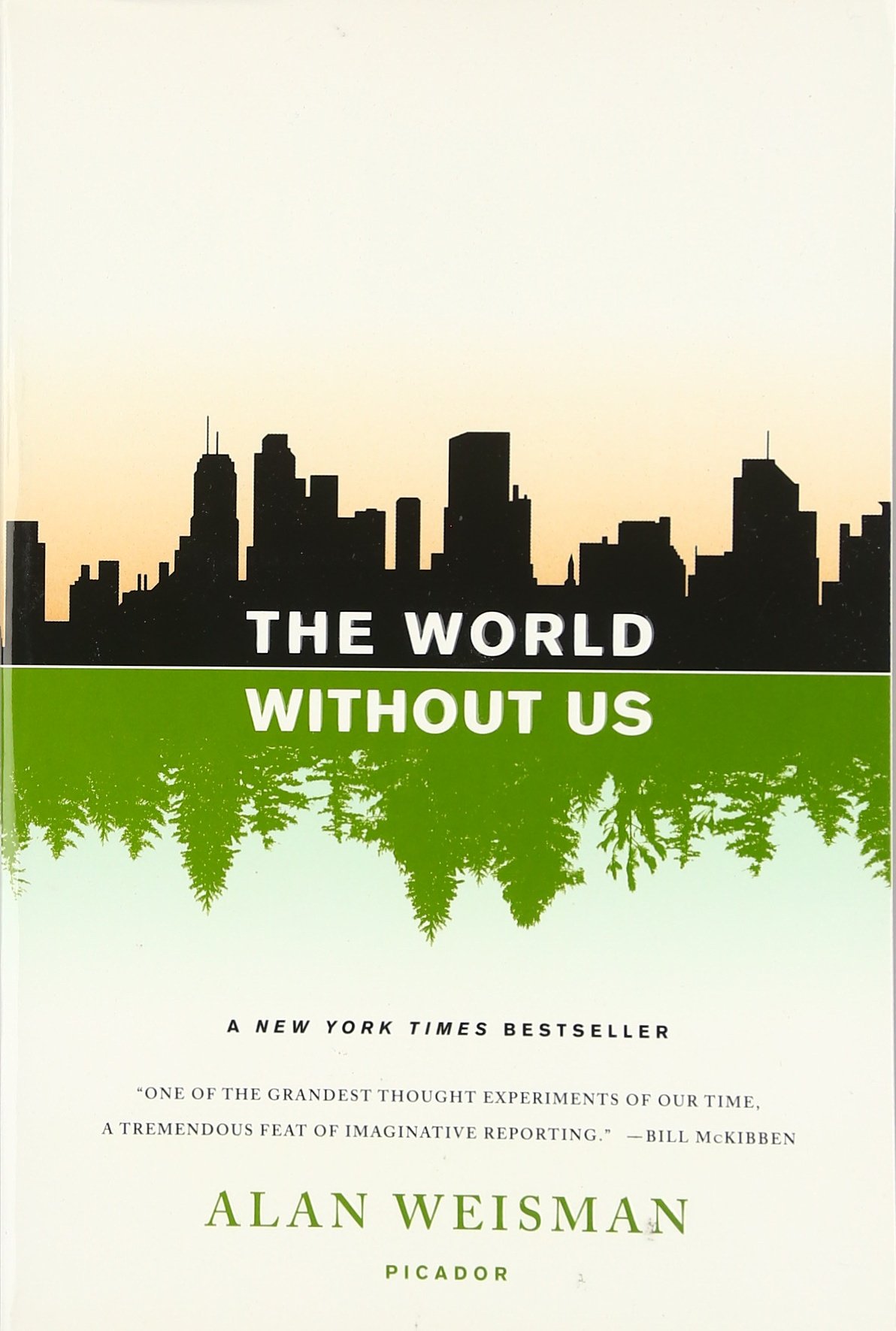
This book explores the question of what would happen to the planet if humans abruptly vanished. How would the things we've built fall apart? It's a thoughtful reflection on how humans have altered the world.
Evicted: Poverty and Profit in the American City by Matthew Desmond (2016).
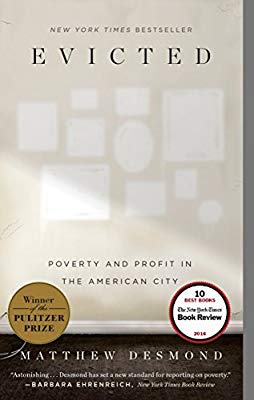
I picked up this book one afternoon and ended up reading it in a single sitting, which I haven't done in a long time. It gave me perspective I didn't know I was missing.
Natural and Moral History of the Indies by José de Acosta (1590).
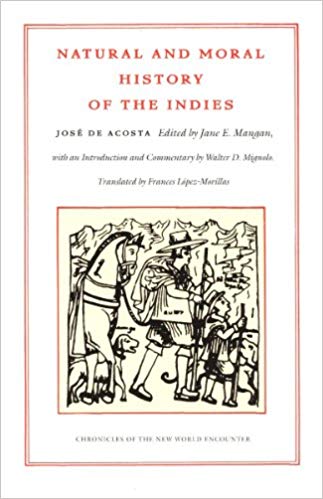
This book, translated into modern English by Frances Lopez-Morillas in 2002, was written by a Spanish priest in Peru as a guide to the Americas. It's so interesting following him as he tries to explain the earthquakes, tides, and weather of his new home, working from a 16th-century European vantage point.
The Bromeliad Trilogy: Truckers, Diggers, and Wings by Terry Pratchett (1989–90).
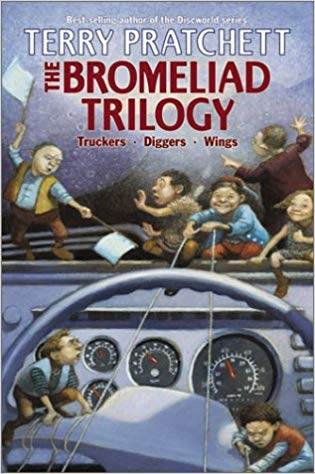
Pratchett is best known for his 41 Discworld books, but this trilogy is one of my favorites. I love stories about characters exploring the edges of the world and finding out that it's bigger than they ever imagined. These books start small and feature a continuously expanding horizon.
-
 The ‘ravenous’ demand for Cornish minerals
The ‘ravenous’ demand for Cornish mineralsUnder the Radar Growing need for critical minerals to power tech has intensified ‘appetite’ for lithium, which could be a ‘huge boon’ for local economy
-
 Why are election experts taking Trump’s midterm threats seriously?
Why are election experts taking Trump’s midterm threats seriously?IN THE SPOTLIGHT As the president muses about polling place deployments and a centralized electoral system aimed at one-party control, lawmakers are taking this administration at its word
-
 ‘Restaurateurs have become millionaires’
‘Restaurateurs have become millionaires’Instant Opinion Opinion, comment and editorials of the day